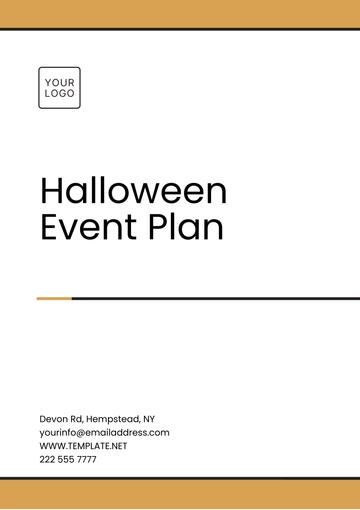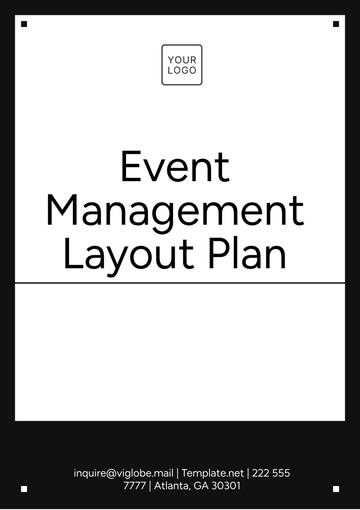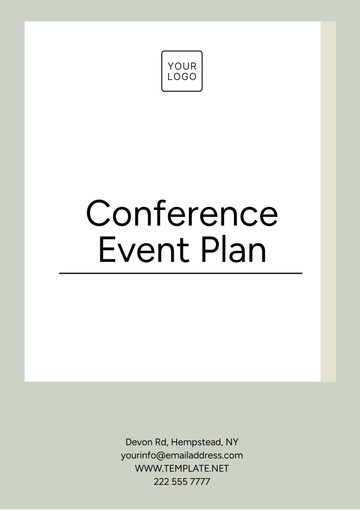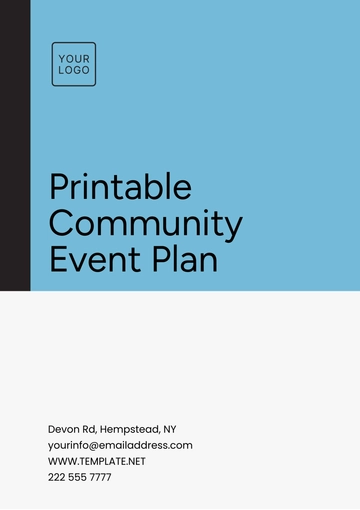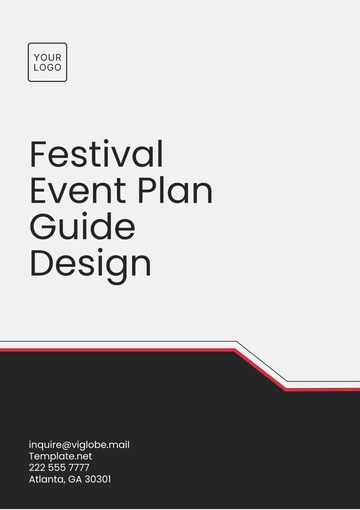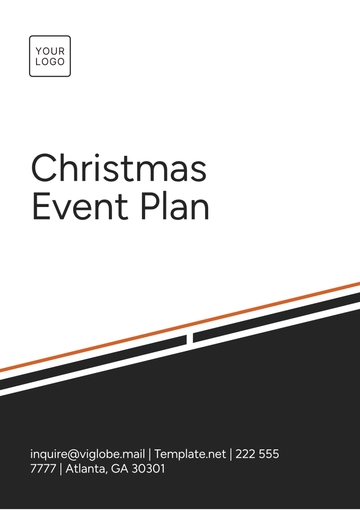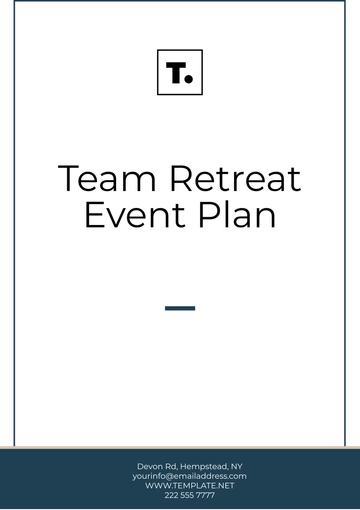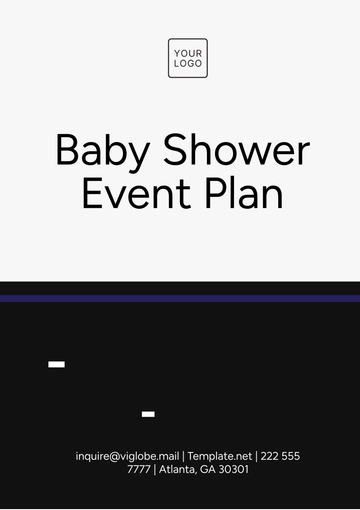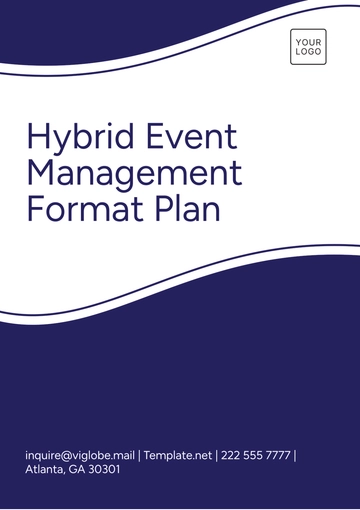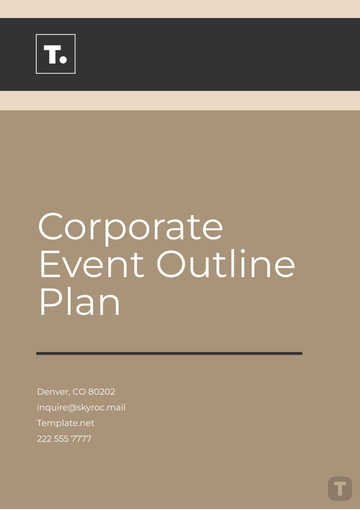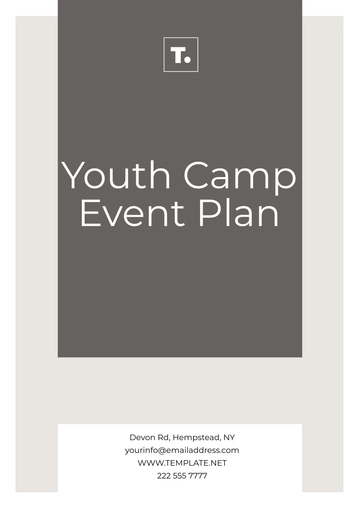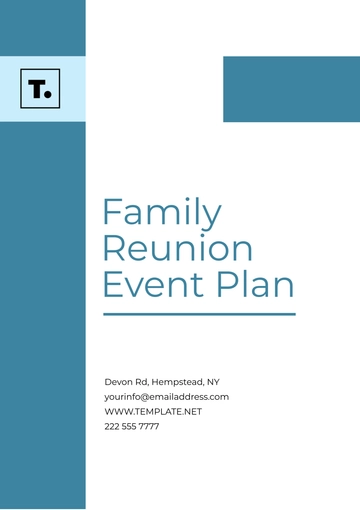Free Marketing Event Networking Session Plan
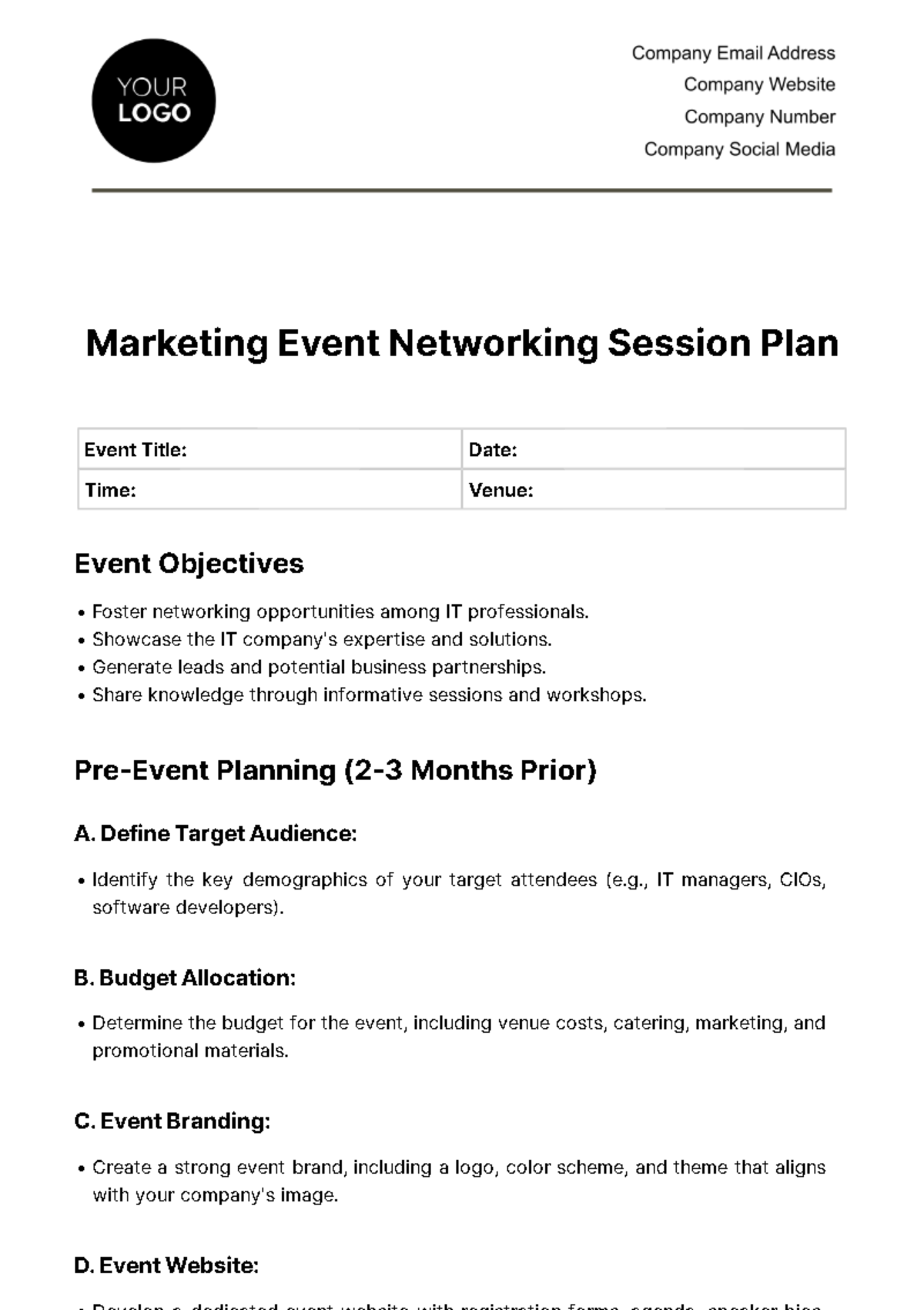
Event Title: | Date: |
Time: | Venue: |
Event Objectives
Foster networking opportunities among IT professionals.
Showcase the IT company's expertise and solutions.
Generate leads and potential business partnerships.
Share knowledge through informative sessions and workshops.
Pre-Event Planning (2-3 Months Prior)
A. Define Target Audience:
Identify the key demographics of your target attendees (e.g., IT managers, CIOs, software developers).
B. Budget Allocation:
Determine the budget for the event, including venue costs, catering, marketing, and promotional materials.
C. Event Branding:
Create a strong event brand, including a logo, color scheme, and theme that aligns with your company's image.
D. Event Website:
Develop a dedicated event website with registration forms, agenda, speaker bios, and logistical details.
E. Speakers and Sessions:
Invite industry experts to speak on relevant IT topics.
Plan informative sessions, workshops, and panel discussions.
F. Sponsorship:
Secure sponsorships from IT-related companies to offset costs and enhance the event's credibility.
G. Marketing Strategy:
Create a comprehensive marketing plan involving social media, email marketing, press releases, and partnerships with industry publications.
1 Month Prior:
A. Registration Opens: Start promoting event registration and ticket sales.
B. Agenda Finalization: Confirm speakers, session topics, and schedule.
C. Collateral and Materials: Design promotional materials, including banners, brochures, and name tags.
1 Week Prior:
A. Venue Setup: Visit the venue for a final walkthrough and ensure all equipment and facilities are in order.
B. Final Attendee List: Confirm the number of registered attendees.
C. Catering: Finalize catering arrangements.
D. Event Signage: Set up directional signs and banners at the venue.
E. Registration Desk: Set up a registration desk with staff to welcome attendees and distribute badges and event materials.
Post-Event:
A. Follow-up:
Send thank-you emails to attendees, speakers, and sponsors.
Share event highlights on social media and your website.
B. Evaluation:
Collect feedback from attendees to assess the event's success and areas for improvement.
C. Lead Generation:
Follow up with potential leads and partnerships identified during the event.
D. Content Sharing:
Share recorded sessions or presentations on your website and social media.
E. ROI Analysis:
Evaluate the event's ROI based on your objectives and budget.
- 100% Customizable, free editor
- Access 1 Million+ Templates, photo’s & graphics
- Download or share as a template
- Click and replace photos, graphics, text, backgrounds
- Resize, crop, AI write & more
- Access advanced editor
Optimize your event networking with Template.net's Marketing Event Networking Session Plan Template. This editable and customizable tool streamlines session planning effortlessly. Tailor details with ease in our AI Editor Tool, ensuring a cohesive and engaging networking experience. Elevate your event strategy, fostering valuable connections with this comprehensive and innovative template for a successful marketing event.
You may also like
- Finance Plan
- Construction Plan
- Sales Plan
- Development Plan
- Career Plan
- Budget Plan
- HR Plan
- Education Plan
- Transition Plan
- Work Plan
- Training Plan
- Communication Plan
- Operation Plan
- Health And Safety Plan
- Strategy Plan
- Professional Development Plan
- Advertising Plan
- Risk Management Plan
- Restaurant Plan
- School Plan
- Nursing Home Patient Care Plan
- Nursing Care Plan
- Plan Event
- Startup Plan
- Social Media Plan
- Staffing Plan
- Annual Plan
- Content Plan
- Payment Plan
- Implementation Plan
- Hotel Plan
- Workout Plan
- Accounting Plan
- Campaign Plan
- Essay Plan
- 30 60 90 Day Plan
- Research Plan
- Recruitment Plan
- 90 Day Plan
- Quarterly Plan
- Emergency Plan
- 5 Year Plan
- Gym Plan
- Personal Plan
- IT and Software Plan
- Treatment Plan
- Real Estate Plan
- Law Firm Plan
- Healthcare Plan
- Improvement Plan
- Media Plan
- 5 Year Business Plan
- Learning Plan
- Marketing Campaign Plan
- Travel Agency Plan
- Cleaning Services Plan
- Interior Design Plan
- Performance Plan
- PR Plan
- Birth Plan
- Life Plan
- SEO Plan
- Disaster Recovery Plan
- Continuity Plan
- Launch Plan
- Legal Plan
- Behavior Plan
- Performance Improvement Plan
- Salon Plan
- Security Plan
- Security Management Plan
- Employee Development Plan
- Quality Plan
- Service Improvement Plan
- Growth Plan
- Incident Response Plan
- Basketball Plan
- Emergency Action Plan
- Product Launch Plan
- Spa Plan
- Employee Training Plan
- Data Analysis Plan
- Employee Action Plan
- Territory Plan
- Audit Plan
- Classroom Plan
- Activity Plan
- Parenting Plan
- Care Plan
- Project Execution Plan
- Exercise Plan
- Internship Plan
- Software Development Plan
- Continuous Improvement Plan
- Leave Plan
- 90 Day Sales Plan
- Advertising Agency Plan
- Employee Transition Plan
- Smart Action Plan
- Workplace Safety Plan
- Behavior Change Plan
- Contingency Plan
- Continuity of Operations Plan
- Health Plan
- Quality Control Plan
- Self Plan
- Sports Development Plan
- Change Management Plan
- Ecommerce Plan
- Personal Financial Plan
- Process Improvement Plan
- 30-60-90 Day Sales Plan
- Crisis Management Plan
- Engagement Plan
- Execution Plan
- Pandemic Plan
- Quality Assurance Plan
- Service Continuity Plan
- Agile Project Plan
- Fundraising Plan
- Job Transition Plan
- Asset Maintenance Plan
- Maintenance Plan
- Software Test Plan
- Staff Training and Development Plan
- 3 Year Plan
- Brand Activation Plan
- Release Plan
- Resource Plan
- Risk Mitigation Plan
- Teacher Plan
- 30 60 90 Day Plan for New Manager
- Food Safety Plan
- Food Truck Plan
- Hiring Plan
- Quality Management Plan
- Wellness Plan
- Behavior Intervention Plan
- Bonus Plan
- Investment Plan
- Maternity Leave Plan
- Pandemic Response Plan
- Succession Planning
- Coaching Plan
- Configuration Management Plan
- Remote Work Plan
- Self Care Plan
- Teaching Plan
- 100-Day Plan
- HACCP Plan
- Student Plan
- Sustainability Plan
- 30 60 90 Day Plan for Interview
- Access Plan
- Site Specific Safety Plan

